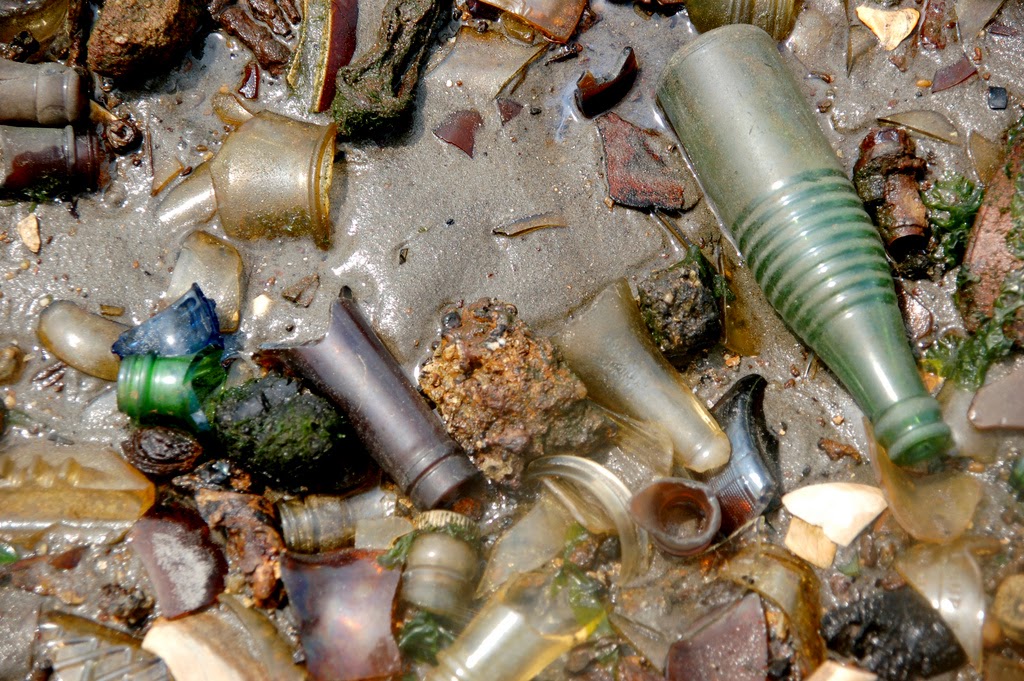"An imbalance between rich and poor is the oldest and most
fatal ailments of all republics,” So stated Plutarch some 1900 years ago, and it remains a vexing problem today. But how frustrated we all are when it comes to doing something about it. I've increasingly felt that economic uncertainty is
THE SINGLE BASIC REASON for most of societies ills. However we are prohibited from even talking about it because words like socialism and communism get in the way. Learned economists can't agree on solutions and even raising an unrealistically low minimum wage is debated by legislatures. I've long pondered it since first learning of William Sloan Coffin's proposal to limit the salary of the head of an industry at some seven or eight times the lowest paid worker to John D Rockefeller's distributing his wealth by passing out dimes, to the continuing frustration of failing to pass legislation to raise the minimum wage, I even wonder why we speak of a minimum wage rather than considering A LIVING WAGE FOR ALL.
THE SINGLE BASIC REASON for most of societies ills. However we are prohibited from even talking about it because words like socialism and communism get in the way. Learned economists can't agree on solutions and even raising an unrealistically low minimum wage is debated by legislatures. I've long pondered it since first learning of William Sloan Coffin's proposal to limit the salary of the head of an industry at some seven or eight times the lowest paid worker to John D Rockefeller's distributing his wealth by passing out dimes, to the continuing frustration of failing to pass legislation to raise the minimum wage, I even wonder why we speak of a minimum wage rather than considering A LIVING WAGE FOR ALL.
BACKGROUND
Admittedly this is a complex problem, and I
am no economist. Perhaps that gives me license to make a few
observations from my 89 years of living through a number of economic
cycles. No way would I want to go back to the great depression of
the 20's and 30's. There were, however, several positive things I saw
present then that I fail to see today:
- Although the unemployment situation was far worse then, I remember a feeling of hope, that things would get better. I fail to see that today with the extensive bickering and almost half the country hoping our president will fail.
- Although there was a wide gulf between the rich and the poor, the great majority of people were commiserating together. While we bemoan the fate of the middle class today, at that time the great majority of us felt we were in the same boat together in a somewhat lower middle class.
- In the depression era our expectation of what were life's necessities were much reduced. Time was available to enjoy the simple things of life. We had more time than money and made do with simple things.
- With the situation so desperate the electorate supported and accepted change without the intense polarization I see today. Rather than embracing change we tend to fear it.
- The world scene is dramatically different today. Globalization presents untold opportunities and unimagined problems. The war presented many opportunities to expand the middle class through higher wages. The debate continues today: was it the alphabetic programs (WPA, etc.) of FDR or the war that ended the depression? Constant war today has changed from costing lives in huge numbers to taking fewer lives, but at an unbelievably high financial cost.
It's tempting to throw up one's hands and feel that there is nothing the individual can do. But my life as an optimist rejects that stand. Yes, I'll continue to work through the political process, but I'm ready to something tomorrow to make a difference by looking at the problem in a different way.
A MODEST PROPOSAL
I feel that if any job is worth doing,
it should be rewarded with a living wage. I wonder if our problem of
unemployment might be solved were it not necessary for individuals
to have a second and even a third job to support their family.
Perhaps there would be jobs enough for all, and we would welcome
immigrants rather than building fences to keep them out. IF A JOB IS
WORTH DOING, WHY DOESN'T IT DESERVE A LIVING WAGE?
While the ultimate hope of solution may
rest in the legislative process, perhaps the holiday spirit of
sharing and goodwill might give us a clue as something we could do
RIGHT NOW. Rather than just rewarding waiters and service people
with a gratuity, WE COULD IMMEDIATELY give anyone we feel is not
making a living wage whatever we feel we can share to spread our
wealth.. We who have so much should be aware of those occupations
where people are traditionally underpaid. How surprised would be the
the the retiree having to work to keep the tables clean at McDonald's
to be awarded a couple of dollars or the hotel worker making the beds or the laborer
who cleans our gutters. Not only would that person benefit but I
think we would be rewarded from the surprised expression on that
person's face
This may not solve the problem, but I'm
going to give it a shot for a while to see what impact it
might have. Why don't you join me?


